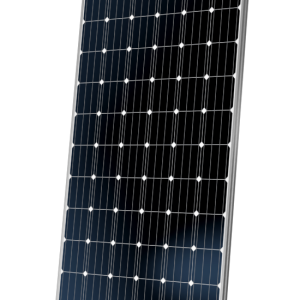Green energy is the energy obtained from environmentally friendly sources – with little or no emission of greenhouse gases (GHG). According to the United State Environmental Protection Agency, GHGs are harmful to the environment, and their release into the atmosphere over the years through human activities has caused a significant rise in the earth’s temperature (Global Warming).
Where do all these gases come from? A major contributor to these emissions is the burning of fossil fuels such as coal, oil and natural gas. Other causes are the burning of solid wastes and trees, indiscriminate disposal of plastic wastes and the reaction of chemicals used, for instance, in cement production. Unfortunately, fossil fuel accounts for about 80% of the global energy mix. That is, fossil fuel has shaped how we have powered our economy over the years, consequently resulting in climate change effects that threaten the planet.

That developed countries contribute more to climate change cannot be denied. And even though Africa’s contribution is negligible (about 3%), she is the most vulnerable to the impact of climate change. This is evident in the overall rise in temperature, decreased agricultural productivity, flood, drought and many other unpredictable changes in weather conditions.
What is the way forward?
Since energy utilisation contributes largely to global warming, there is a need to consider the transition from non-renewable energy sources to renewable energy sources which do not pose any threat to the environment. Hence, the need for green energy.
Green energy adopts renewable energy technologies such as hydro, solar, wind, and biomass, which are harnessed from water, sun, wind, and organic wastes, respectively. Although crude oil has powered Nigeria’s economy for years, the country would fare better by tapping into its wealth of clean energy resources such as water and the sun. And if these resources are maximised, there would be a radically positive impact on every sector of the economy.

In addition to the sustainability impact of green energy, it can be used to eliminate energy poverty in Nigeria. A home or community can be independently powered through a solar PV system and reliable storage without necessarily connecting to the conventional grid electricity, which is sparsely available. Green energy has also transformed agricultural practices, and this makes it a veritable tool for rural and economic development.
Finally, the saying “the world into which we were born no longer exists” can be evident in the incredible demand for energy access because virtually everything we use today for improved living and work efficiency requires electricity. Therefore, we must quickly adopt green energy for a great today and a sustainable tomorrow.












